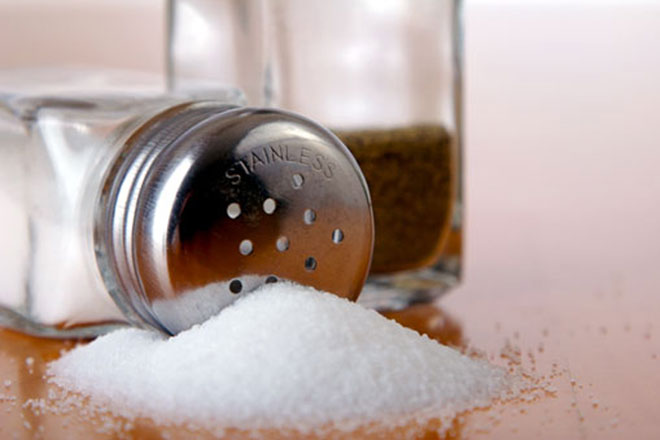Azerbaijan, Baku, April 5 / Trend, I.Isabalayeva /
In connection with the World Health Day 2013 celebrated on April 7, the World Health Organization (WHO) calls on people to reduce salt intake, WHO Baku Office told Trend on Friday.
Reducing salt intake is key to reducing high blood pressure and stroke, the Office said.
According to the report, World Health Day is celebrated on 7 April to mark the anniversary of the founding of WHO in 1948. Each year a theme is selected for World Health Day that highlights a priority area of public health concern in the world. The theme for 2013 is high blood pressure.
High blood pressure remains largely hidden because it does not always cause symptoms. It affects more than one in three adults worldwide and is a major risk factor for coronary heart disease and ischemic as well as hemorrhagic stroke. It is estimated to cause 7.5 million deaths, about 12.8% of the total of all deaths. In addition, it accounts for 57 million disability adjusted life years (DALYS) or 3.7% of total DALYS. The number of people with uncontrolled hypertension rose from 600 million in 1980 to nearly 1 billion in 2008 worldwide. Globally, the overall prevalence of raised blood pressure in adults aged 25 and over was around 40% in 2008.
Reducing salt intake is one of the easiest ways to reduce high blood pressure and therefore the risks of stroke, and cardiac and kidney disease. Reducing salt intake to less than 5 g per day (the equivalent of about 1 teaspoon) reduces the risk of stroke by 23% and reduces the general rates of cardiovascular disease by 17%. The daily intake of most people in the WHO European Region is about 8-11 g, far above the recommended level.
The shaker on the dining table, however, does not account for the largest share of salt intake. For example, 80% of intake in the European Union (EU) comes from processed foods such as cheese, bread and ready meals. Many people consume far more salt than they realize, with negative results for their blood pressure and general cardiovascular health.
"Salt reduction is one of the most cost-effective ways of reducing the considerable economic burden of high blood pressure," said Zsuzsanna Jakab, WHO Regional Director for Europe. "While any reduction in salt is positive, in many countries the salt we add at the table is the least of our worries. It's the salt that's cooked into foods like bread and meat products that tips the balance. Unless labelling is good and consumers check, it's easy to overlook this salt."






